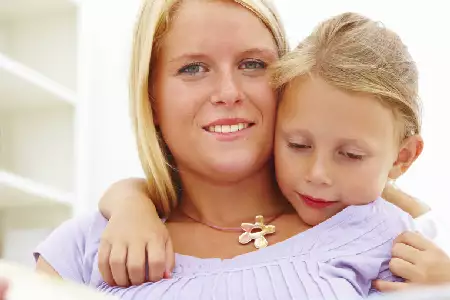October marks the start of International Augmentative and Alternative Communication (AAC) Month.
- Increasingly, AAC methods use Assistive Technology (AT), these are all computer and other electrical and electronic devices that help a person with a disability to become more independent. A computer or communication device with recorded or synthesised speech and appropriate software gives greater and easier accessibility to symbols, the use of grammar, which increases the quality of users' communication. - says Angelika Łasocha therapist at the SYNAPISS Foundation and board member of the Speak Without Words Association.
Research shows that AAC supports the development of speech in young children with developmental disorders, in whom speech does not develop on time. Thanks to the early intervention of AAC, some of them begin to speak, and in the event that speech does not develop, however, they can successfully use an alternative means of communication in everyday life, explains Joanna Grochowska.

Photo ojoimages
During the SYNAPISS Foundation Conference scheduled for 15 and 16 November, entitled 'AUTISM. Interaction - Agreement - Dialogue', four international speakers from the UK and Spain will present the Intensive Interaction method as a basis for building relationships with people with developmental disorders and supporting the development of their ability to communicate both verbally and using AAC. A proprietary communication development programme will also be presented, as well as an application that can be used in education and daily life by people who are non-speaking or speech-impaired. The methods presented can be successfully introduced and implemented both with people on the autism spectrum, but also, for example, with people with learning disabilities, the blind or the deaf.
- We would like to invite therapists, psychologists, pedagogues, speech therapists, teachers of special schools and educational centres, employees of family assistance centres and social care centres, and, of course, parents of persons with autism at different ages and with different depth of disorders," says Maria Wroniszewska, the conference supervisor and parent of an adult using AAC.
For more information on the conference: http://bit.ly/148hVo2









